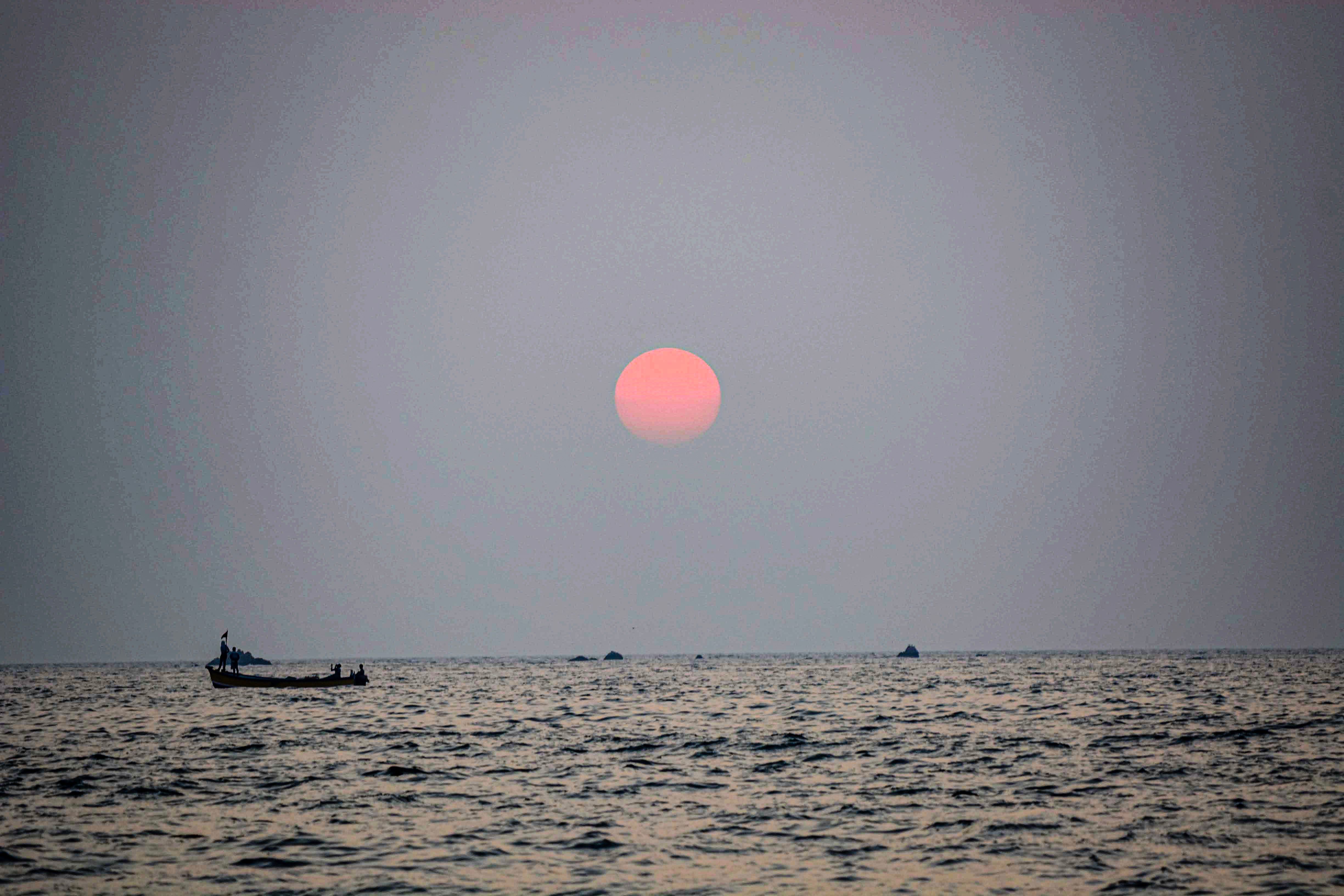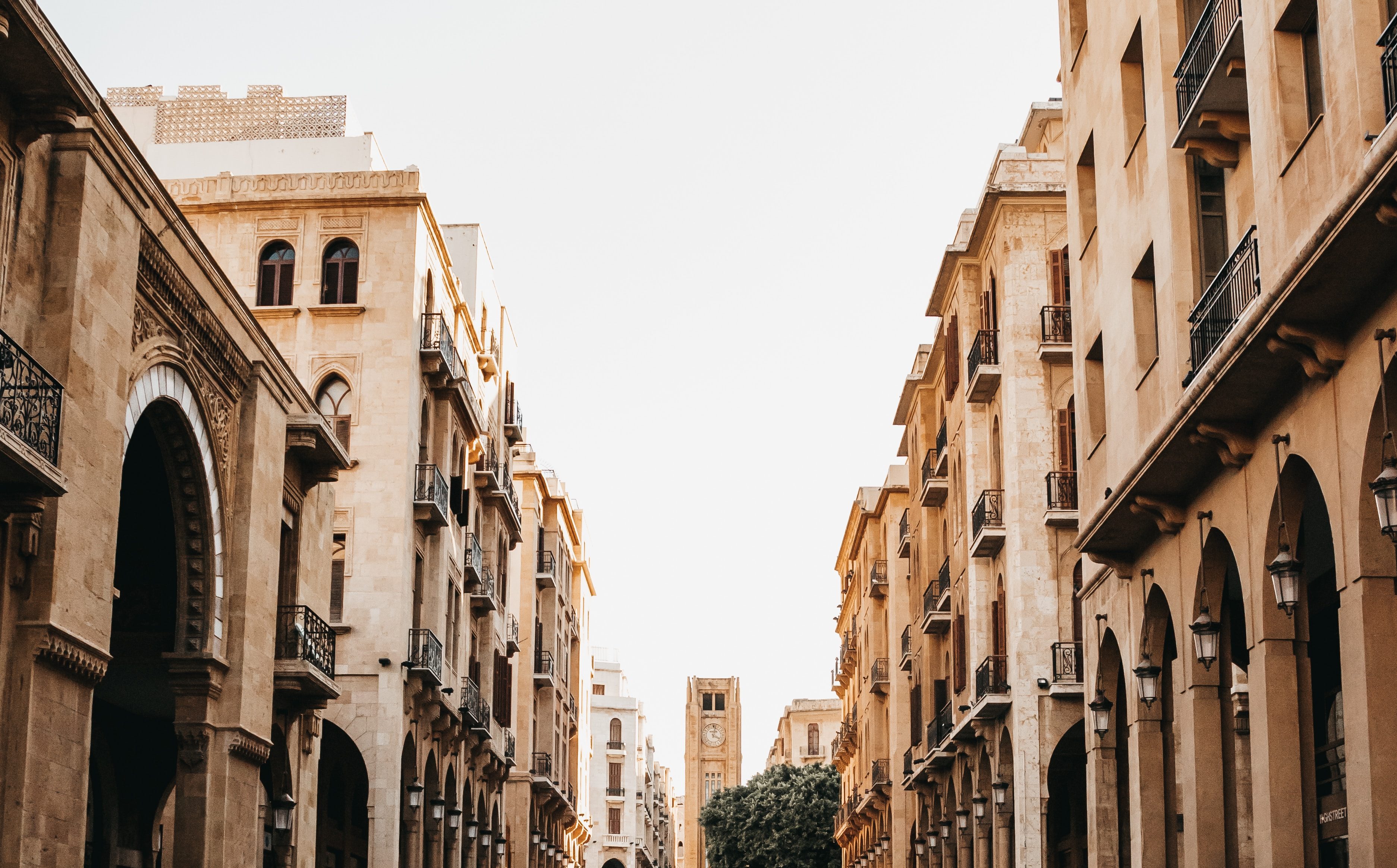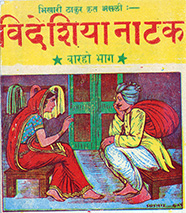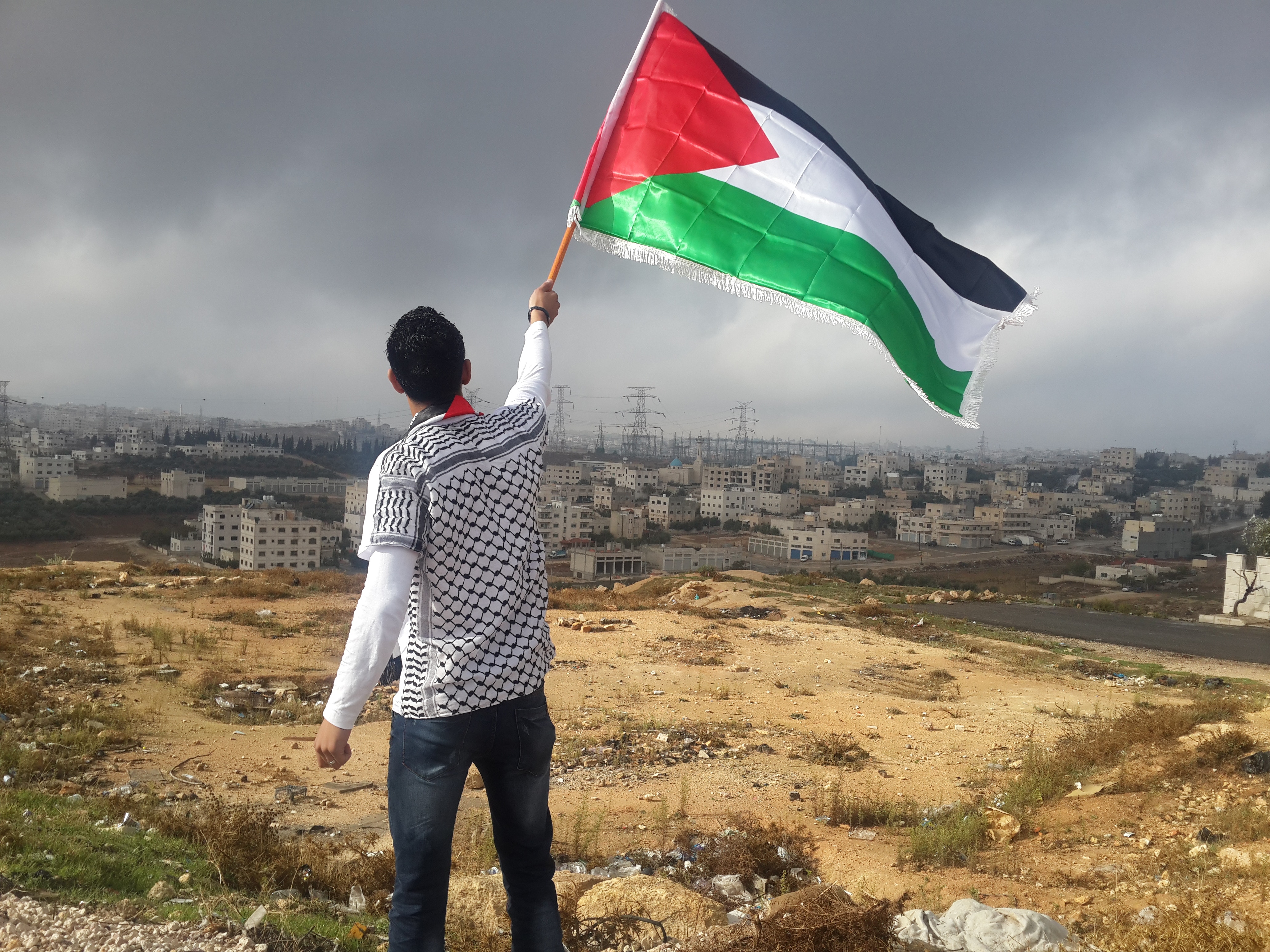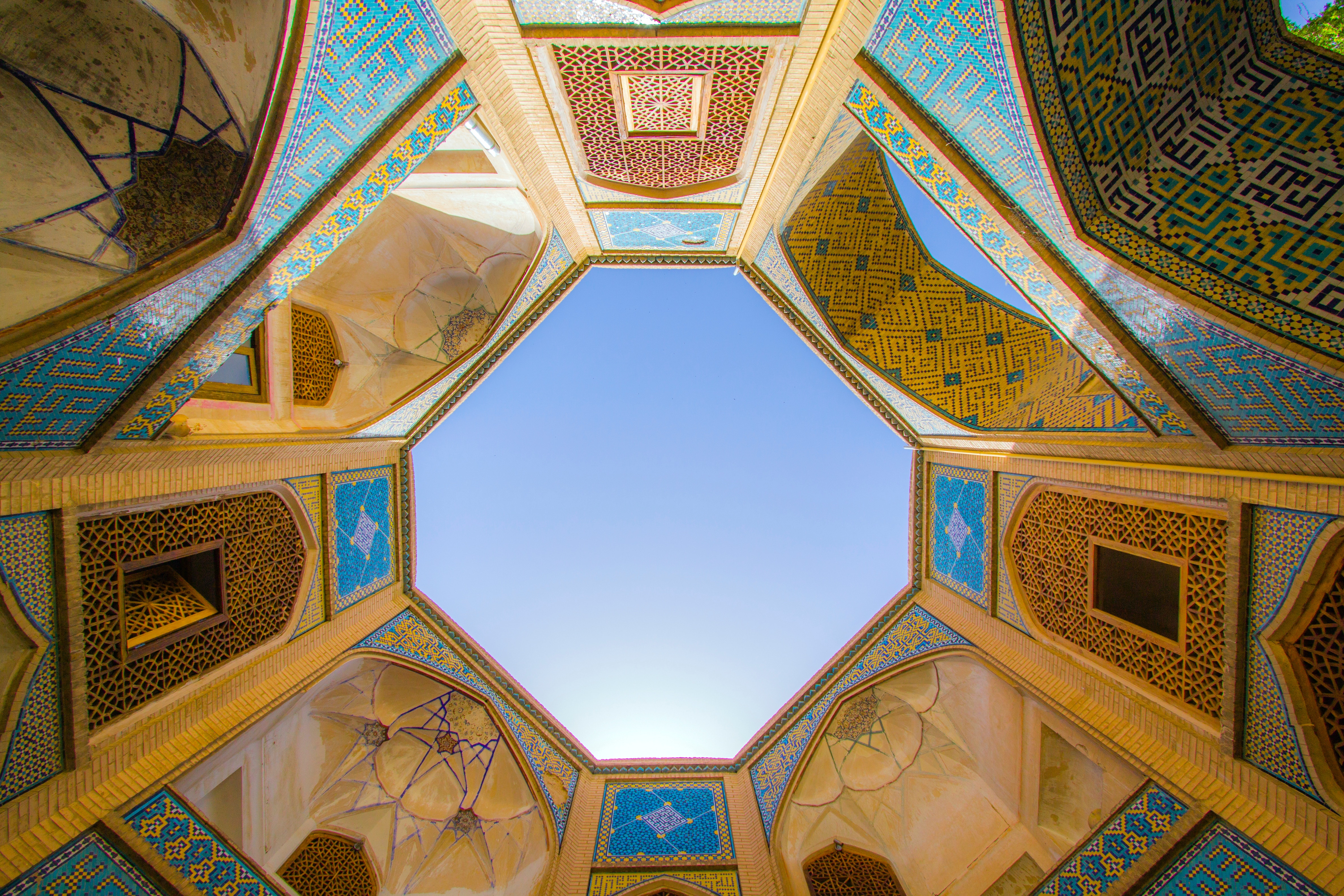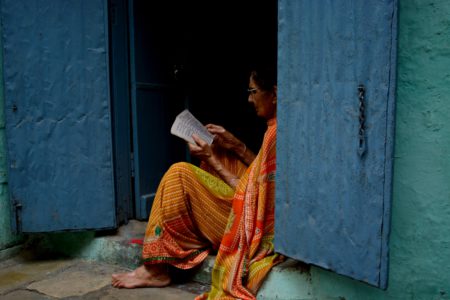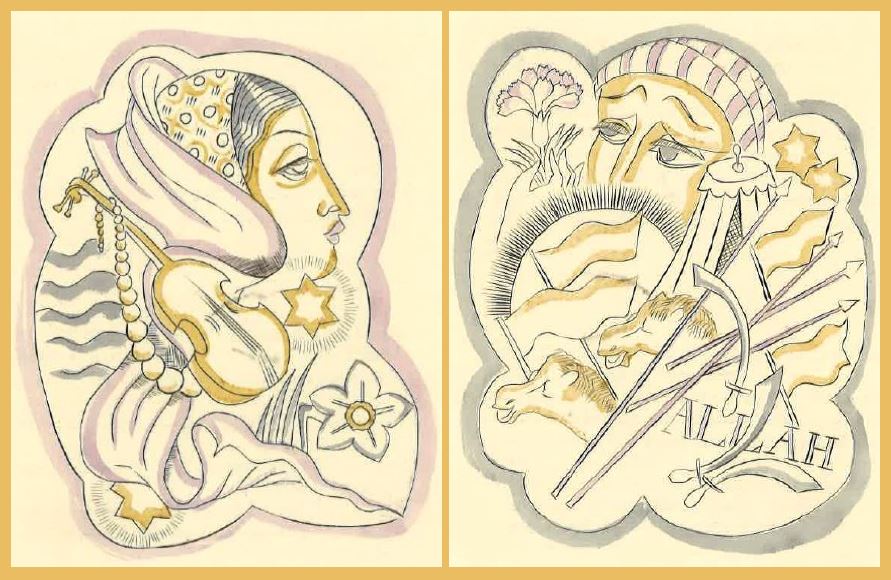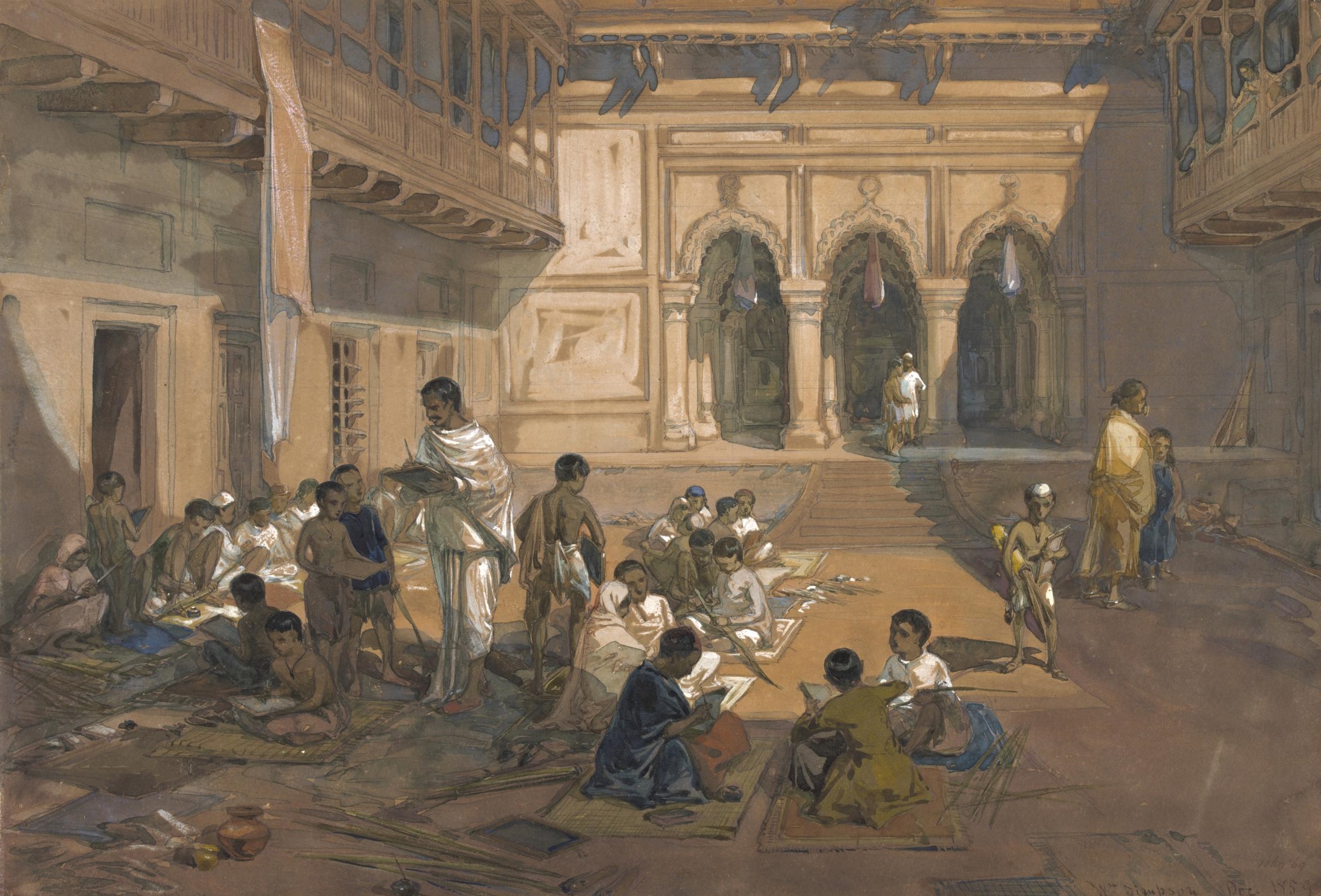MULOSIGE’s Syllabi are world literature courses, structured around the significant geographies of North India, the Maghreb and the Horn of Africa. We aim to provide resources that explore contexts and languages that are often neglected in discussions of world literature.
Register here to access MULOSIGE’s free syllabi. Registration is completely free, easy and quick, and will help us keep track of how many readers are interested in our resources!
Try our taster syllabus “Reading Together: Literary Texts in Multilingual Contexts” – available to download without registering as a MULOSIGE member.
Learn about our collaborative courses here and find out how you can contribute to the MULOSIGE project.
MULOSIGE Reading List: Narrative Tradition and the Arabian Nights
Professor Marina Warner guides us through a partial list of the books that she has been reading for her book Stranger Magic: Charmed States and the Arabian Nights (Vintage: 2012).
MULOSIGE Reading List: Imagining Mid-Nineteenth-Century Beirut as a ‘City of the World’
This reading list was contributed by Dr Rita Sakr and addresses the mid-nineteenth-century cultural-geographical dynamics that constructed Beirut as a ‘city of the world’, helping us to consider how its production forms both a ‘crisis of representation’ and a ‘representation of crisis’.
MULOSIGE Reading List: Orature, World Literature and Mobility
Professor Catherine Servan-Schreiber (CNRS Paris) offers a reading list that explores orature and mobility in North Indian popular culture.
MULOSIGE Reading List: The Significant Literary Geographies of African Festivals
In an era where cultural festivals multiply, so-called African festivals have spread in Africa, but also outside of Africa, in major cities as well as in little-known villages, for example in provincial France. What are some of their implications and effects in the case of francophone African literature?
MULOSIGE Reading List: International Solidarity and World Literature
This reading list was contributed by Dr Anna Bernard and challenges the choice between nation and transnationalism that has often seemed central to theorizations of world literature, but which has tended to bypass internationalist networks of anti-colonial writers working within discrete national contexts.
MULOSIGE Reading List: Re-Orienting Modernism, Mapping East-East Exchanges
Assistant Professor Levi Thompson (University of Colorado, Boulder) offers a reading list to re-orient conceptions of modernism, drawing on East-East exchanges.
MULOSIGE Reading List: World Literature and Planetary Catastrophe
Dr Florian Mussgnug (UCL) provides a reading list on World Literature and Planetary Catastrophe.
MULOSIGE Reading List: The Poetics of the Orphan In Postcolonial Literature
Matt Reeck (UCLA) offers a guided reading list to interrogate the "Poetics of the Orphan in Postcolonial Literature".
MULOSIGE Syllabus: Science, Literature and Development in the MENA Region
This is a course about the relationship between science, literature and development in the MENA region and the role science fiction in world literature.
MULOSIGE Syllabus: Multilingual perspectives on gender in world literature
This course explores gender representations, themes and debates in the multilingual literatures of India, the Horn of Africa, and the Arab world. Gender, as a primary socio-cultural category is critical in shaping many aspects related to world literature and its study.
MULOSIGE Syllabus: Colonialism, a multilingual local and its significant geographies
By taking multilingualism seriously, this course traces the trajectories of literature under colonialism and challenges simple models of world literature.
MULOSIGE Syllabus: ‘Reading together’ Literary Texts in Multilingual Contexts
This course attempts to break down common reading practices from three multilingual contexts: Morocco, North India and the Horn of Africa.
MULOSIGE Syllabus: Comparative Colonial Pedagogies
MULOSIGE's first course illustrates both shared and divergent trajectories in colonial education in the Maghreb and North India.
Edit your profile here
[wppb-logout text="You are currently logged in as . " redirect_url="/login/" link_text="Log out »"]


